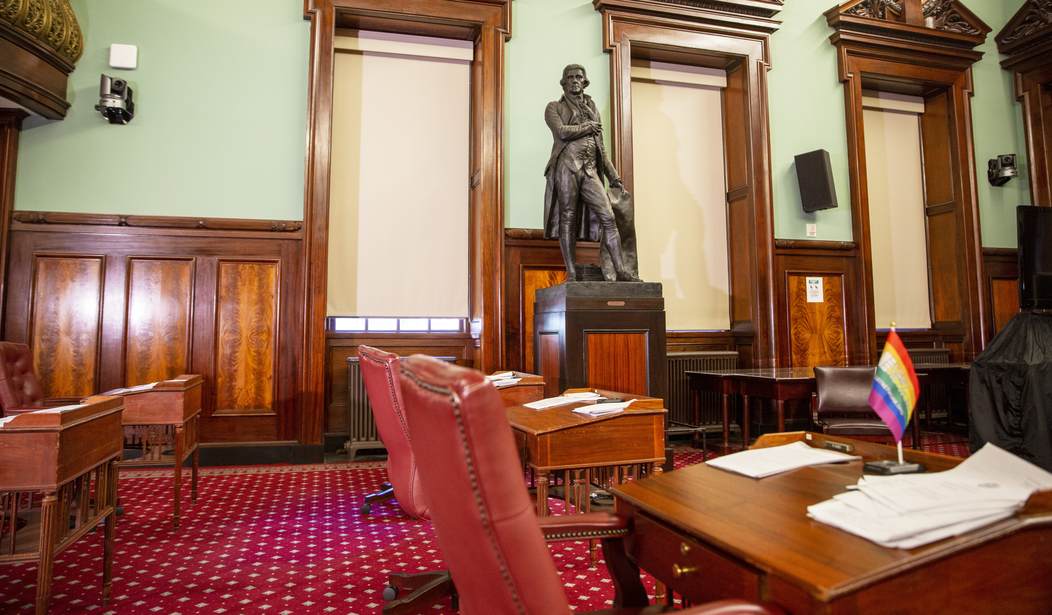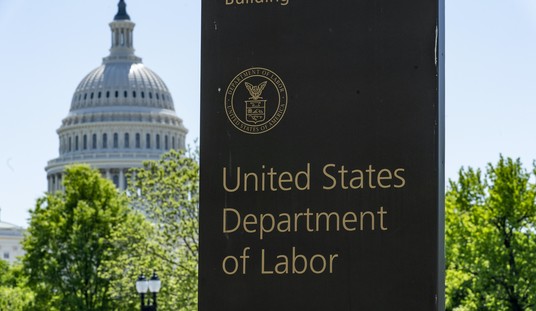There is a reason why I am so adamant about urging people to focus on their local politics. While Americans, including myself, have been conditioned to focus primarily on what is happening in Washington, D.C., the reality is that it is the government that is closest to us that has the most impact on our daily lives.
I have covered several stories involving corruption at the local level, and one thing it has shown me is a reality America must face: The Deep State isn’t just in the nation’s capital; it also exists in your backyard.
The Associated Press put out a story detailing several instances involving the governments of various cities, and how they are treating their citizens. In Volant, Pennsylvania, the city council quietly adopted a year-end budget that raised property taxes by 57 percent without residents’ knowledge.
The plan, given final approval last week, will steeply increase tax bills: A property assessed at $100,000, for example, would have been billed $700 in 2023. In 2024, that bill will rise to $1,100.
The council’s silence leading up to the decision highlights what some observers say is a striking trend toward secrecy among local governments across the U.S. From school districts to townships and county boards, public access to records and meetings in many states is worsening over time, open government advocates and experts say.
The article also highlights a situation in which a Chicago community issued a ticket against a local journalist for “repeated attempts to contact city officials seeking comment on treacherous fall flooding.”
Secrecy in local government meetings is also a growing problem with elected officials “discussing significant public business in closed sessions.”
In fact, I covered a story just like this here in Central Texas. Pastor Jeremy Story was one of many holding the Round Rock city council accountable for hiring a controversial superintendent to run its school system without allowing the public to have a say, which is a serious violation of Texas law. When Story pushed too hard, local law enforcement arrested him and another individual, which is a flagrant abuse of power as he had not committed a crime.
Also troubling is the growing difficulty of obtaining government information through open records requests.
Few states compile data on public records requests, and laws governing open records differ by state, making a comprehensive analysis difficult. However, a review by Cuillier of data provided by MuckRock — a nonprofit news site that files and shares public records requests – found that between 2010 and 2021, local governments’ compliance with records requests dropped from 63% to 42%.
Local governments will come up with a plethora of excuses justifying their secrecy. Some will even use law enforcement to intimidate people into silence, as was the case in Pastor Story’s tale. Unfortunately, this type of corruption is not an anomaly; it is a deliberate strategy in far too many cases.
When local officials are allowed to operate in the shadows and deny citizens the opportunity to participate and make informed decisions about their community, it further skews the balance of power in favor of those who happen to be in government positions. It allows them to make decisions based on their own personal interests rather than the needs of their constituents. Even worse, in many cases, it results in the violation of rights and fosters an environment ripe for corruption.
Yet, as I have said many times before, if a local government abuses its authority, it is because we are letting it. Remaining disengaged from what is going on in our local communities empowers the very people we complain about on a daily basis. This is certainly true when it comes to national politics, but even more so when it concerns our cities and towns.
It is we the people who should be demanding accountability and transparency from our mayors, city councils, sheriffs, judges, and other officials. But this cannot happen if we aren’t first paying attention. This is the first step. Hopefully, more people will take it.













